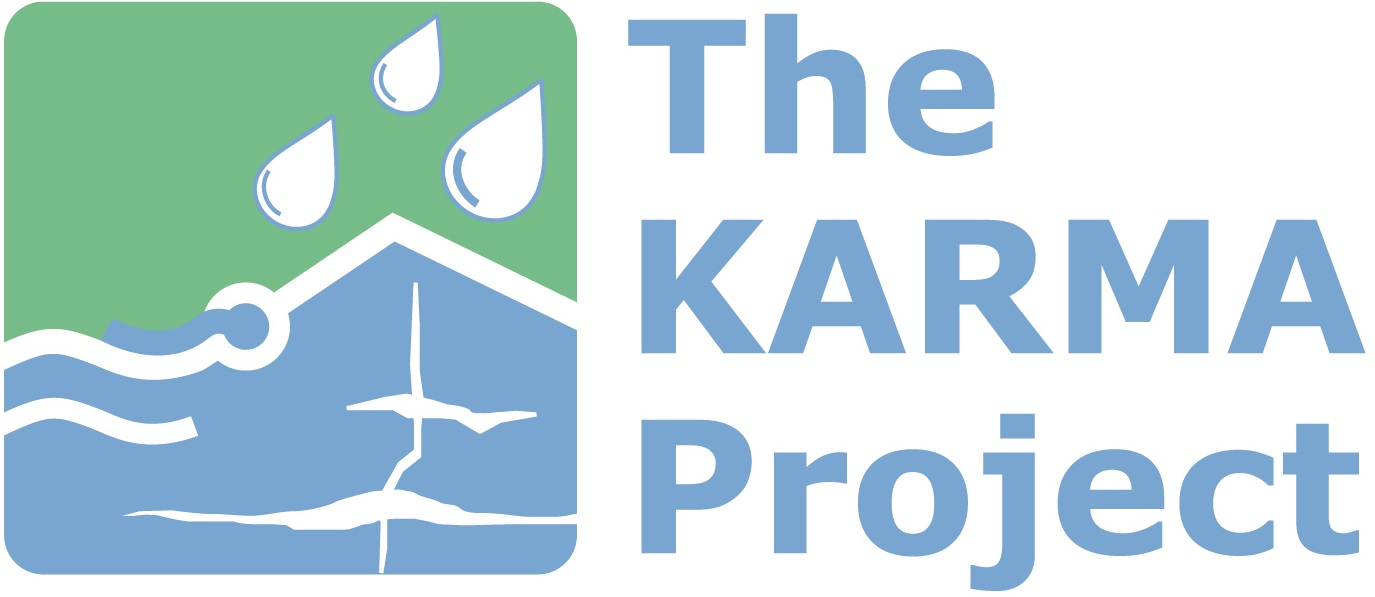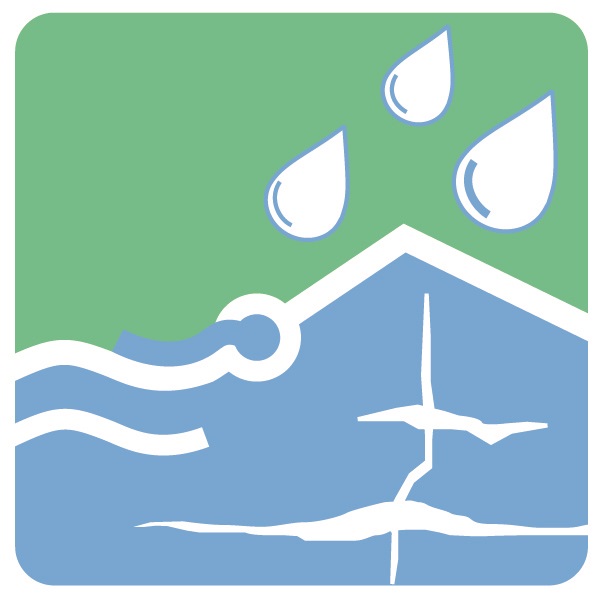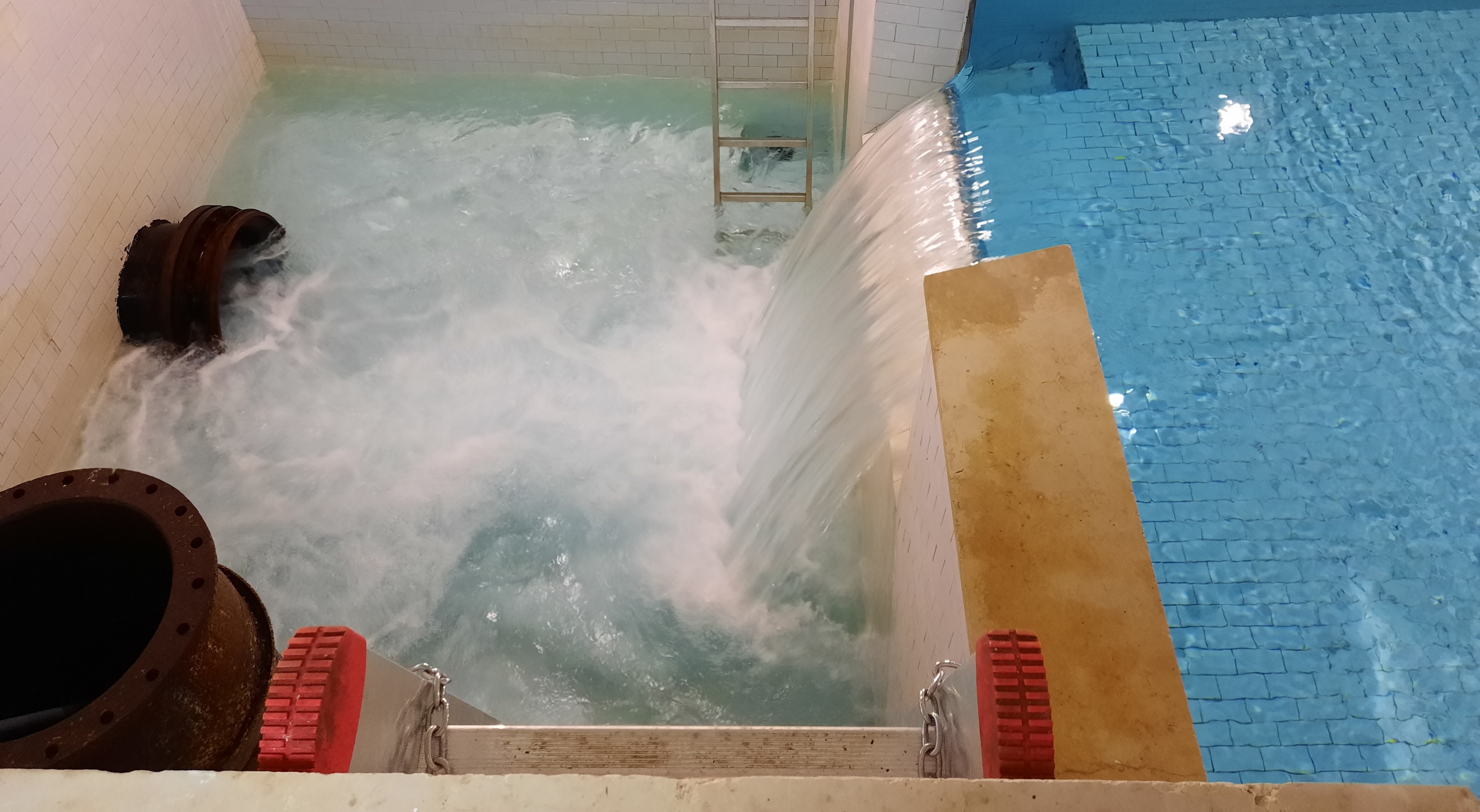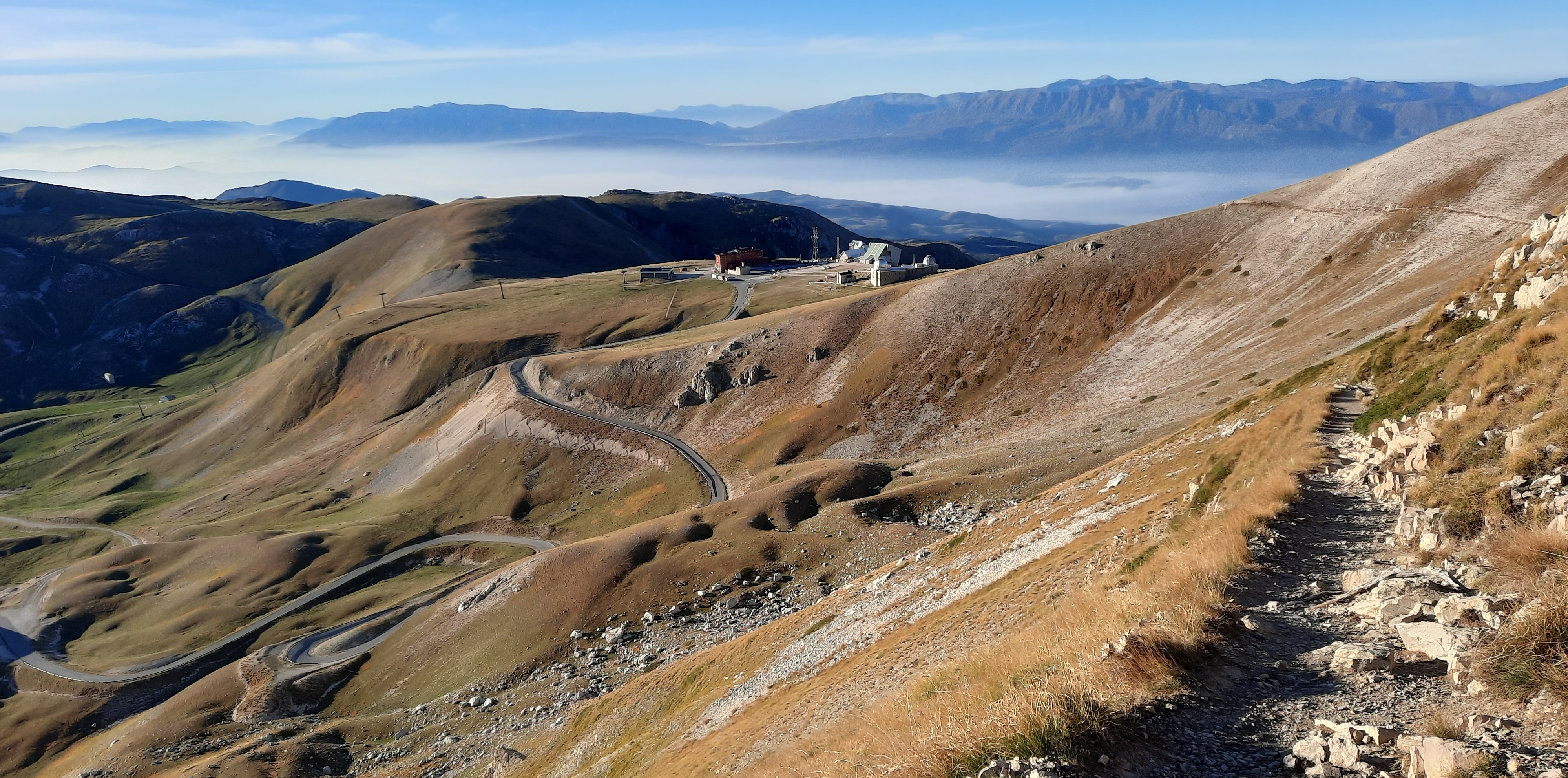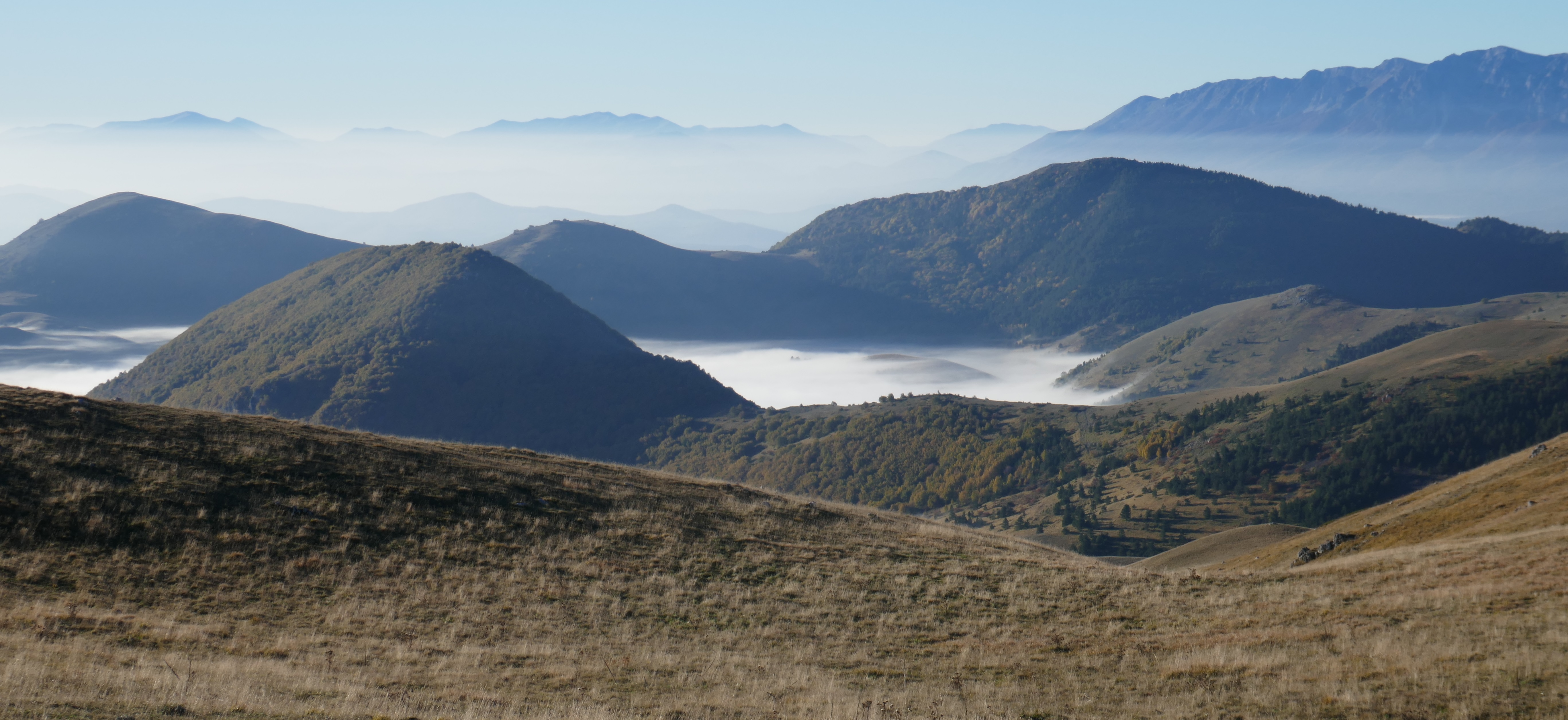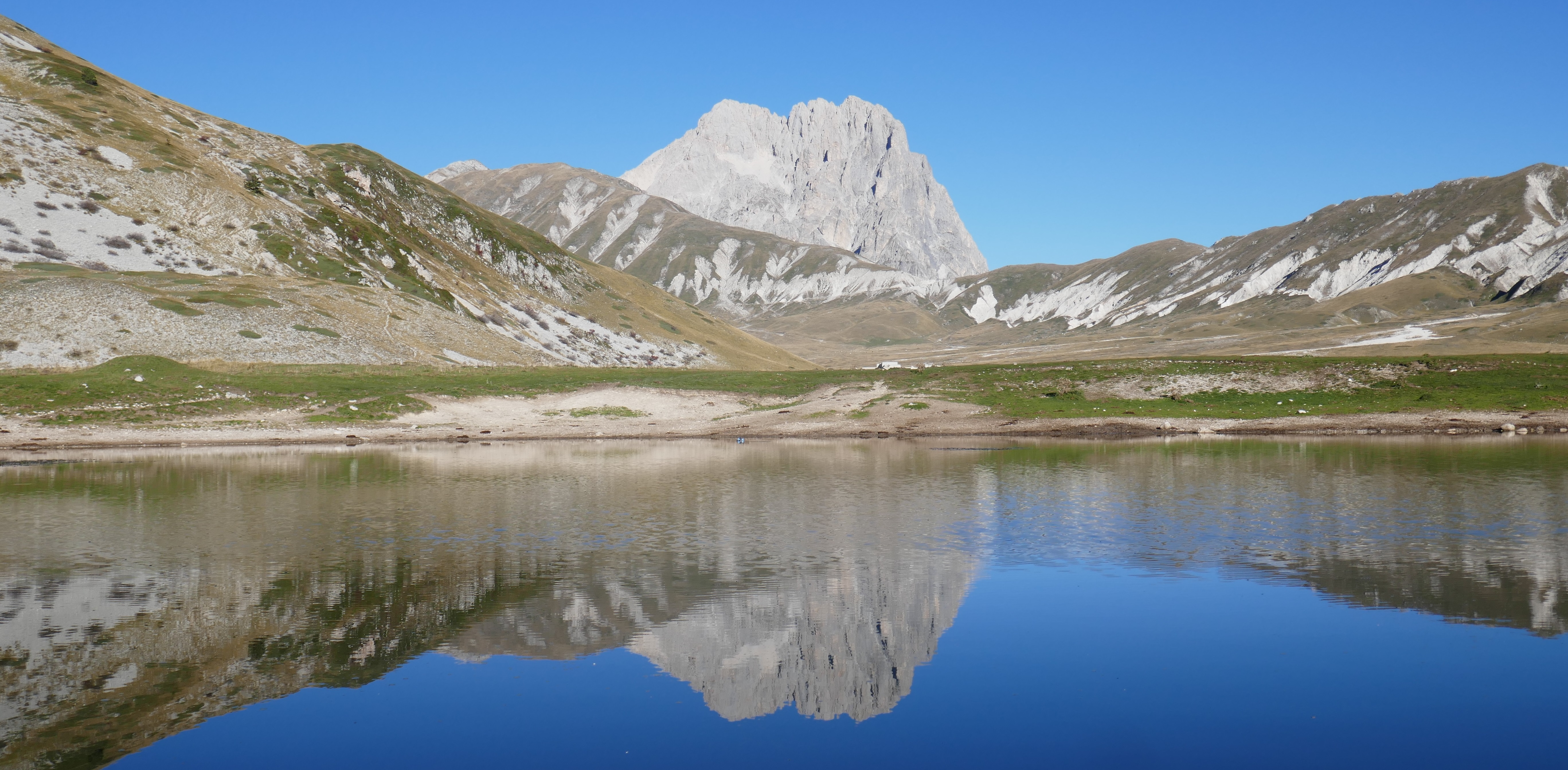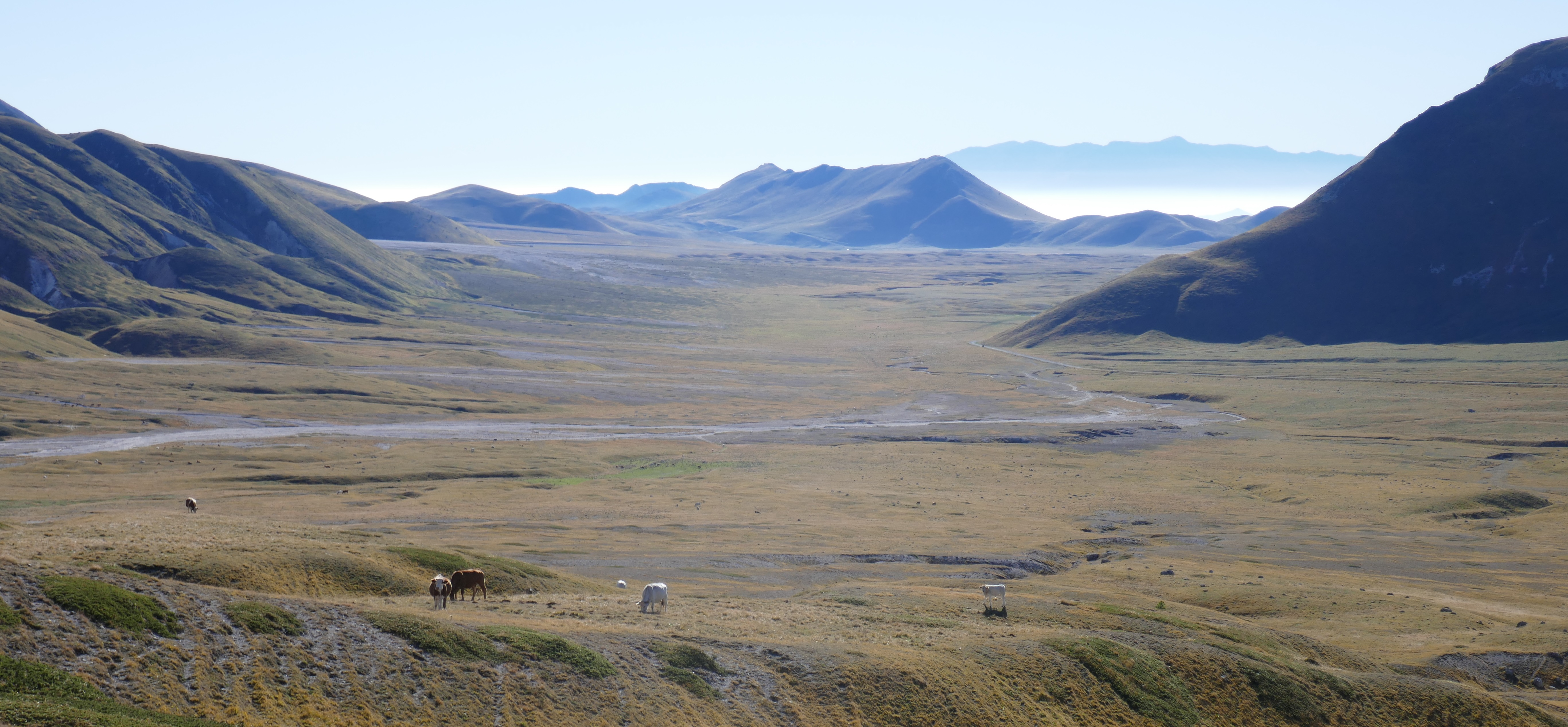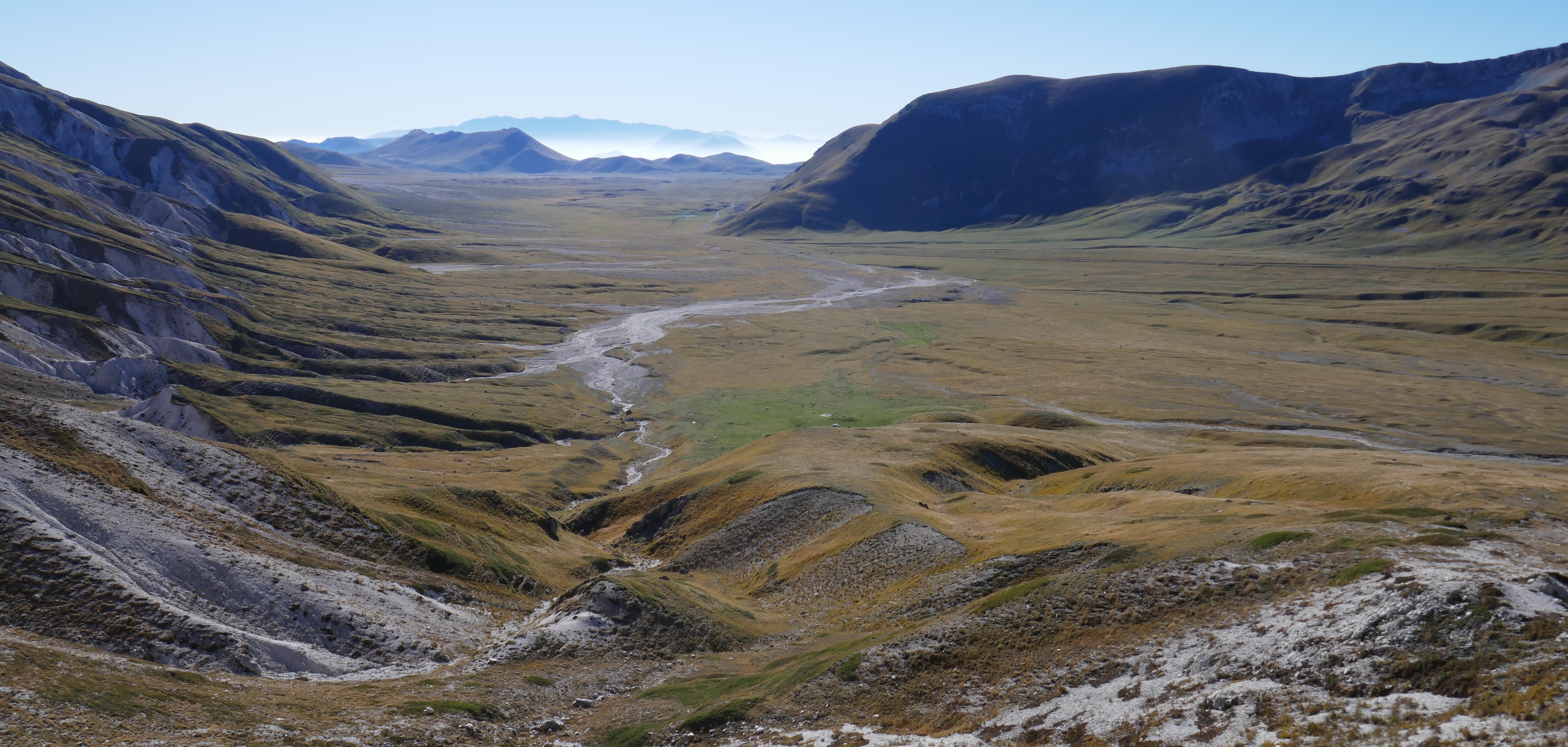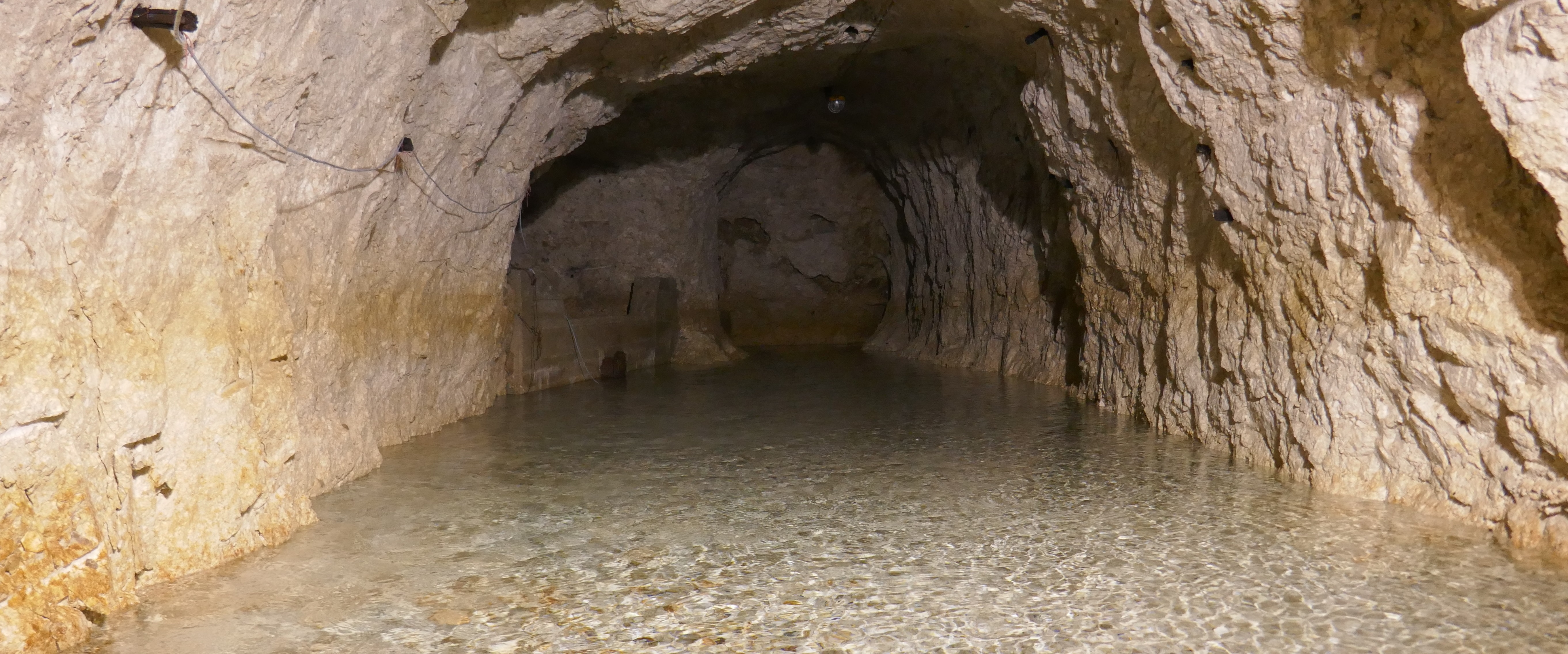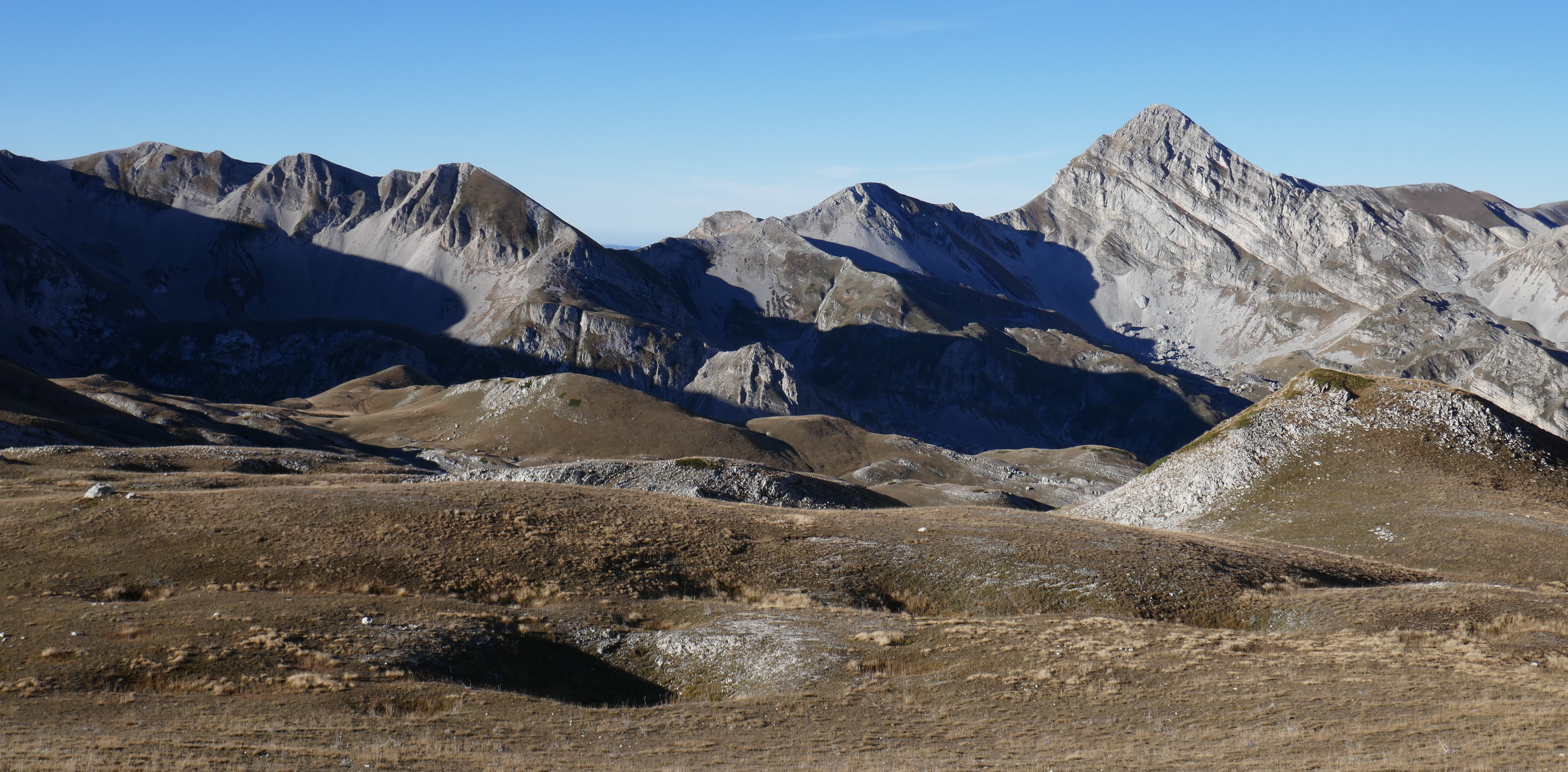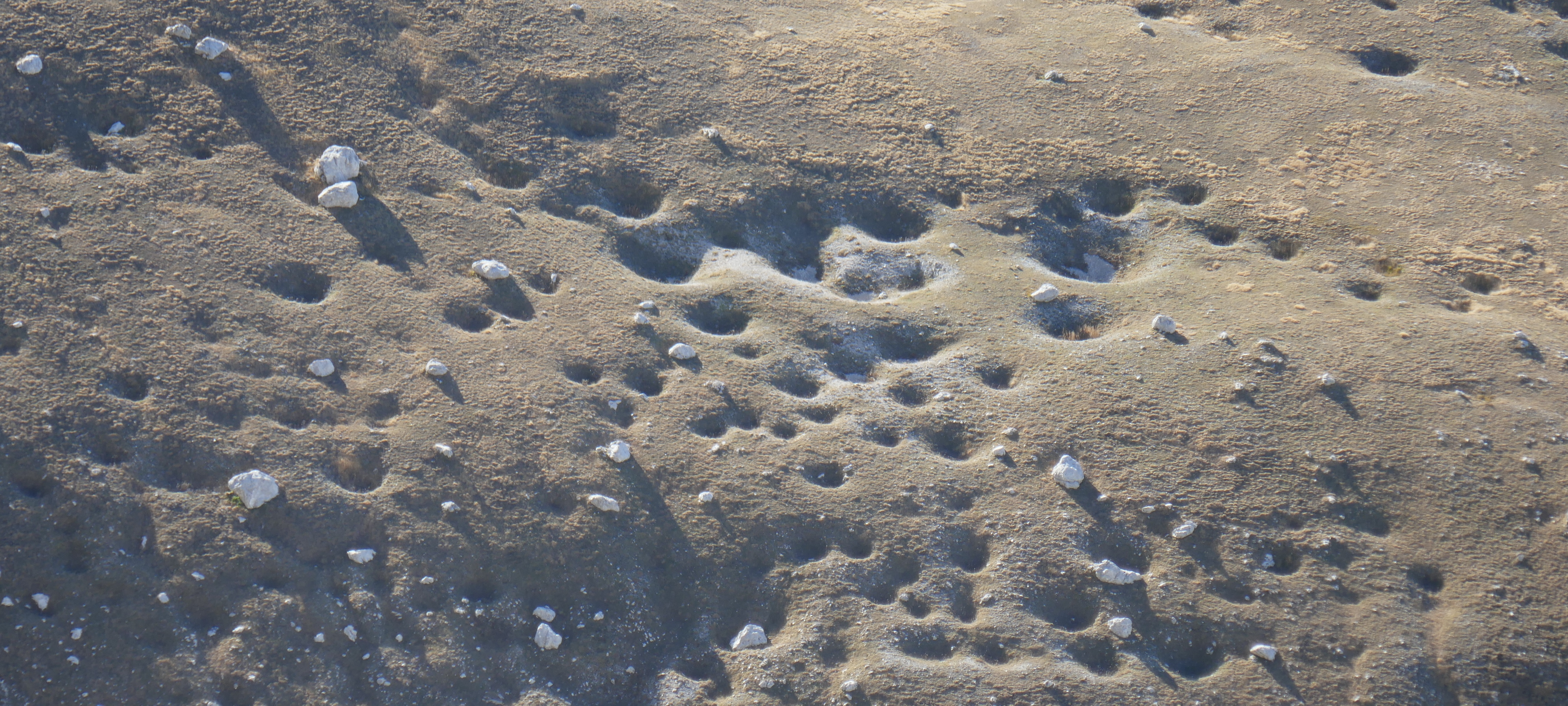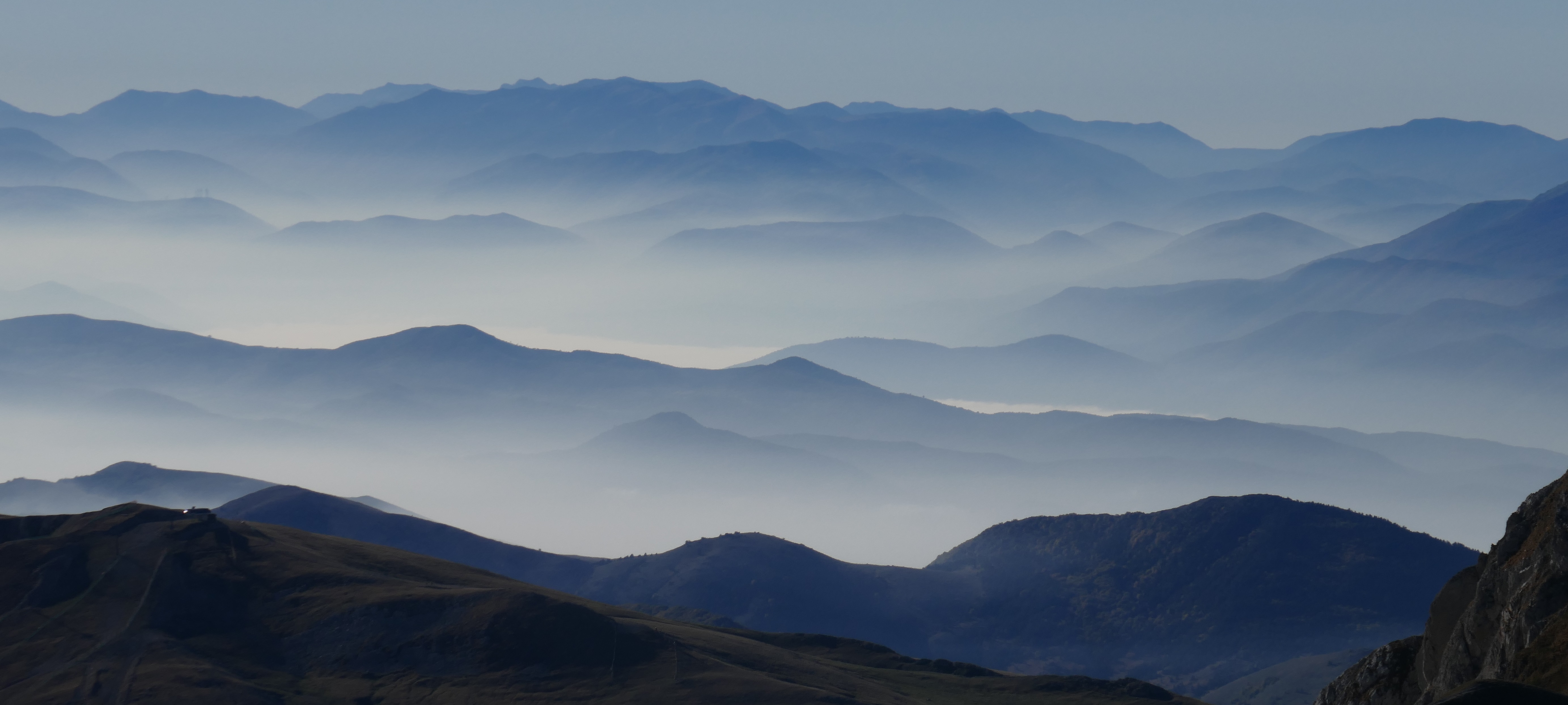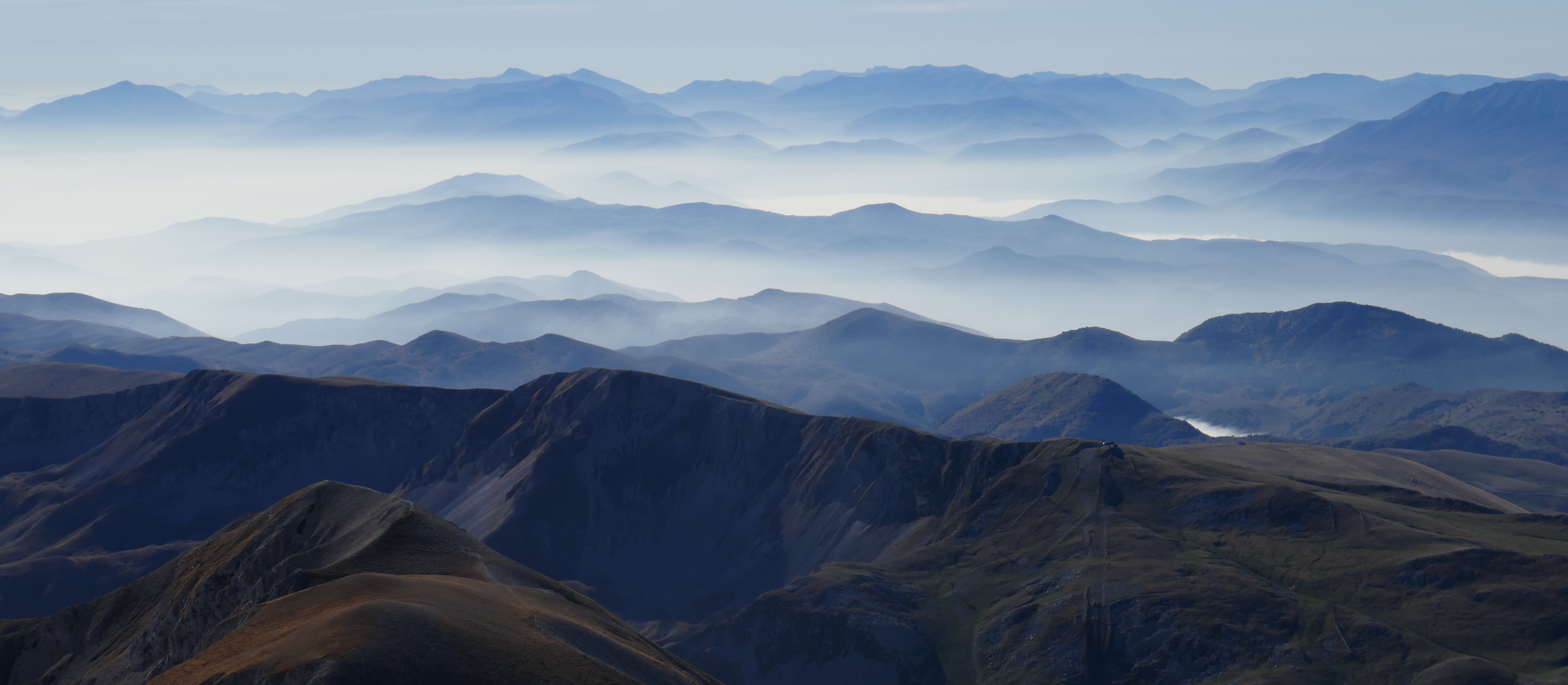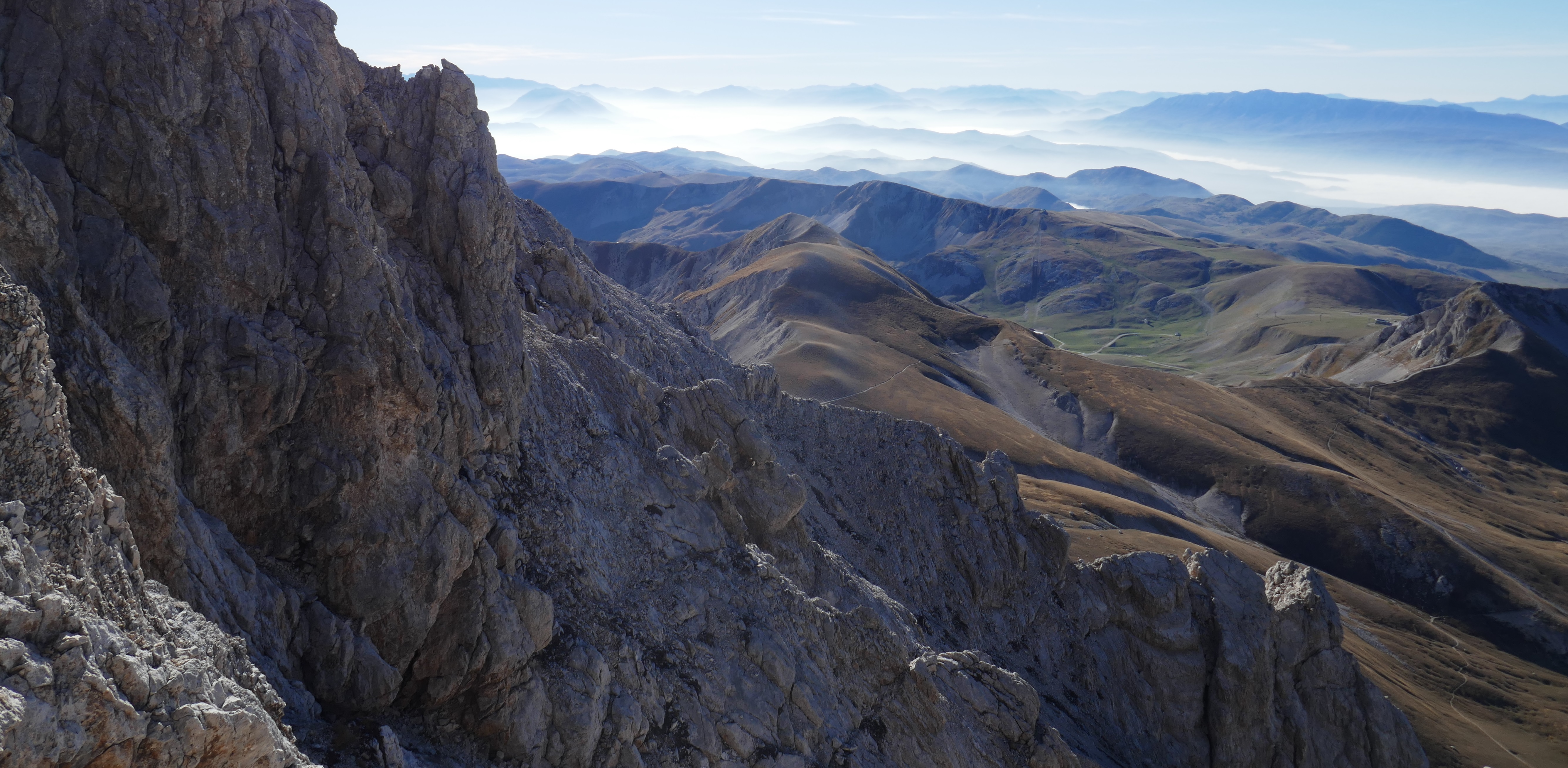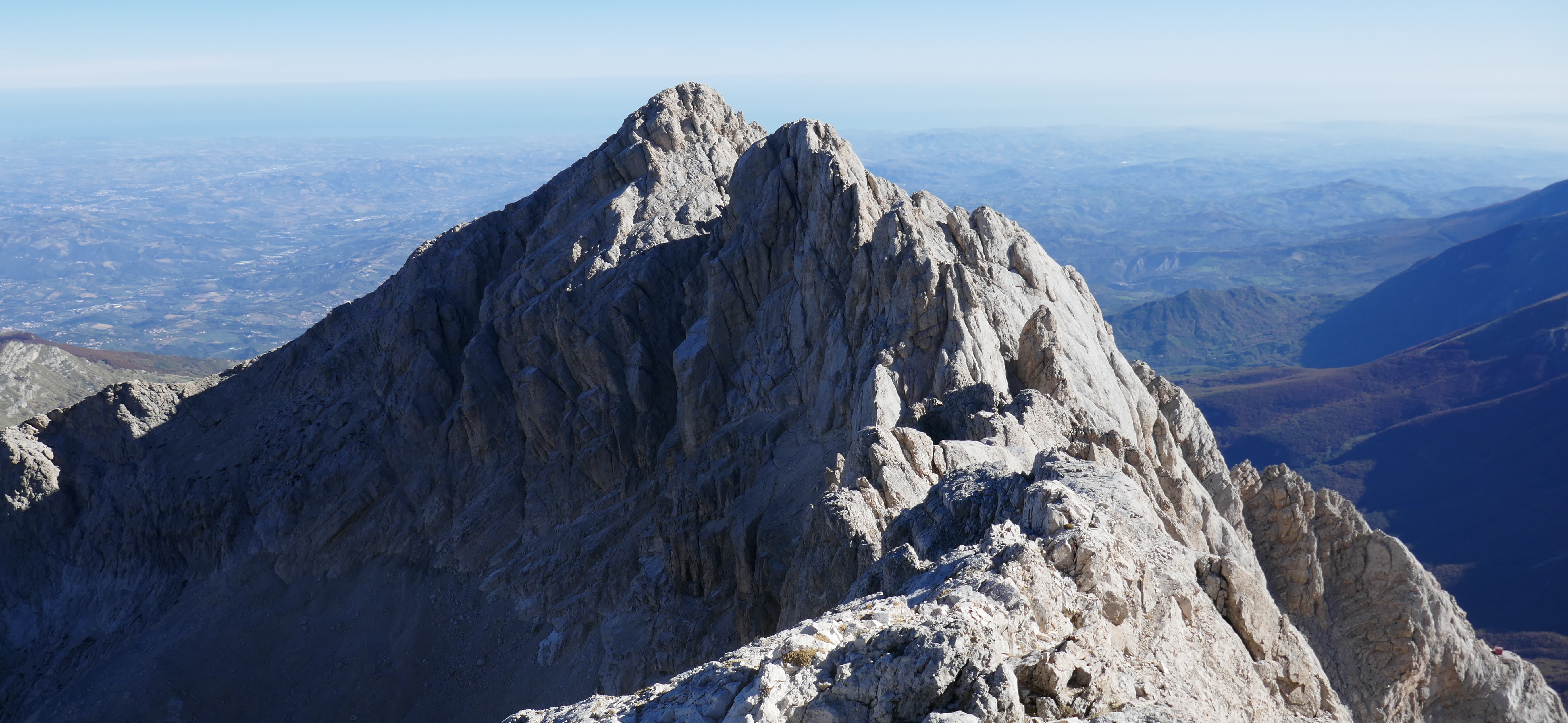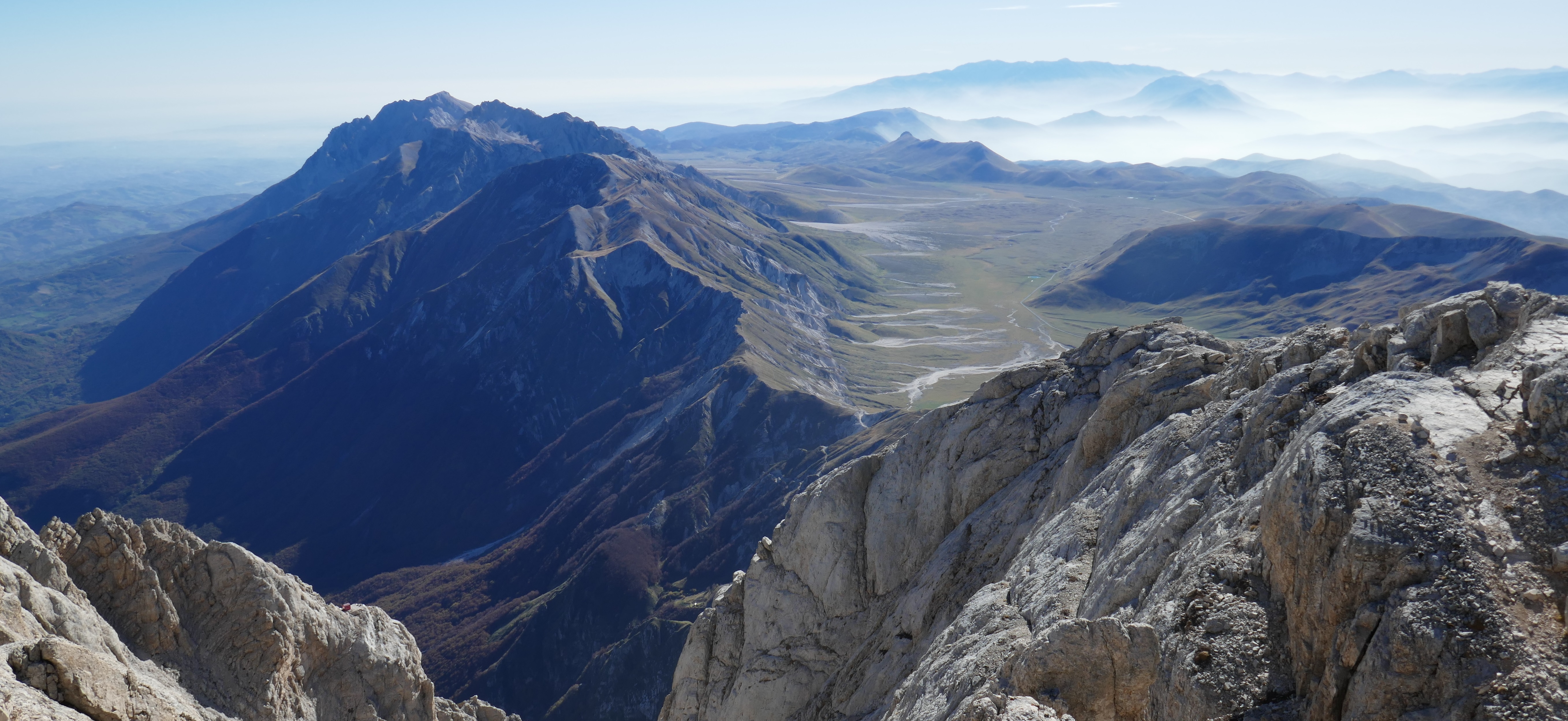KARMA will contribute to the development and adoption of innovative and sustainable solutions for water management and, consequently, to the implementation of the UN Sustainable Development Goals (SDG). Possible socio-economic benefits include creation of new jobs (in the field of water resources management), increased competitiveness of companies (e.g. in the sensor development and data processing for monitoring and early-warning systems), as well as social and environmental impacts (improved water availability and quality for human consumption and ecosystems).
The project will contribute to several of the expected impacts defined in the PRIMA Work Programme. The stakeholder involvement and research challenges in the test sites are oriented towards more efficient water management across all scales. Human withdrawals will be optimized respecting groundwater renewal rates and environmental needs. Most of the studied springs are sources of rivers and streams. Wise management of karst aquifers, avoiding overexploitation during droughts, can help to sustain environmental flows for ecological (preservation of aquatic life) and recreational purposes. In some of the test sites, surface streams infiltrate into the aquifer, which leads to contamination, but also represents a source of aquifer recharge and helps to mitigate floods. In summary, we expect the following impacts:
- Designing new modeling routines specifically adapted for karst aquifers, including lumpedparameter models, artificial neural networks and spatially-distributed models. Water managers can use these models to better predict the impacts of floods and droughts, as well as the long-term impacts of climate change, on the availability and quality of karst water sources, and to evaluate different water management scenarios with respect to freshwater abstraction and floodwater storage, which is highly relevant for stakeholders in France, Italy, Lebanon and Tunisia.
- The mitigation of pollution is addressed at several scales and using different methods. Groundwater vulnerability maps are important tools to optimize land-use with respect to groundwater protection and are highly requested by the local water authorities in Spain, Italy and Lebanon, but also by the National Park services in Tunisia and Italy.
- High-resolution monitoring of highly variable karst water quality helps to identify contamination problems and to improve management practices; early-warning systems for spring water contamination are highly useful tools, e.g. for the water supply of Beirut and Pescara, as they help to identify short but severe contamination event and react accordingly, either by disconnecting the spring from the water-distribution system or by adapting the water treatment.
- Knowledge of Groundwater-Dependent Ecosystems (GDEs) functionality is required for ensuring balance between environmental needs and human consumption. The inventory of GDEs in karst regions and the analysis of the factors influencing their dependency from groundwater flow in the study areas will shed more light on these important but fragile ecosystems.
In addition, parallel impacts are expected from the project in terms of management, policy and governance of groundwater resources, resumed as follows:
- Contribution to the implementation of Water and Groundwater Directives, with particular reference to the River Basin Management Plans and characterization of the status of groundwater bodies, by evaluating the peculiarity in terms of flow velocity and vulnerability of karst aquifers.
- Availability of a database platform (KARMA website at KIT and MEDKAM website at BGR), for stakeholders and other users containing updated information on groundwater availability and quality, to be used for routine management, strategic purposes (e.g. additional sources of drinking water in drought periods), and for scheduling additional withdrawals where possible.
- Impact of extreme events, with particular reference to the floodwater storage potential of karst aquifers, and their responses to drought periods and climate change scenario.
In conclusion, KARMA will achieve substantial progress in the hydrogeological understanding and sustainable management of karst groundwater resources in terms of water availability and quality across all scales, from individual springs to the entire in the Mediterranean region.
